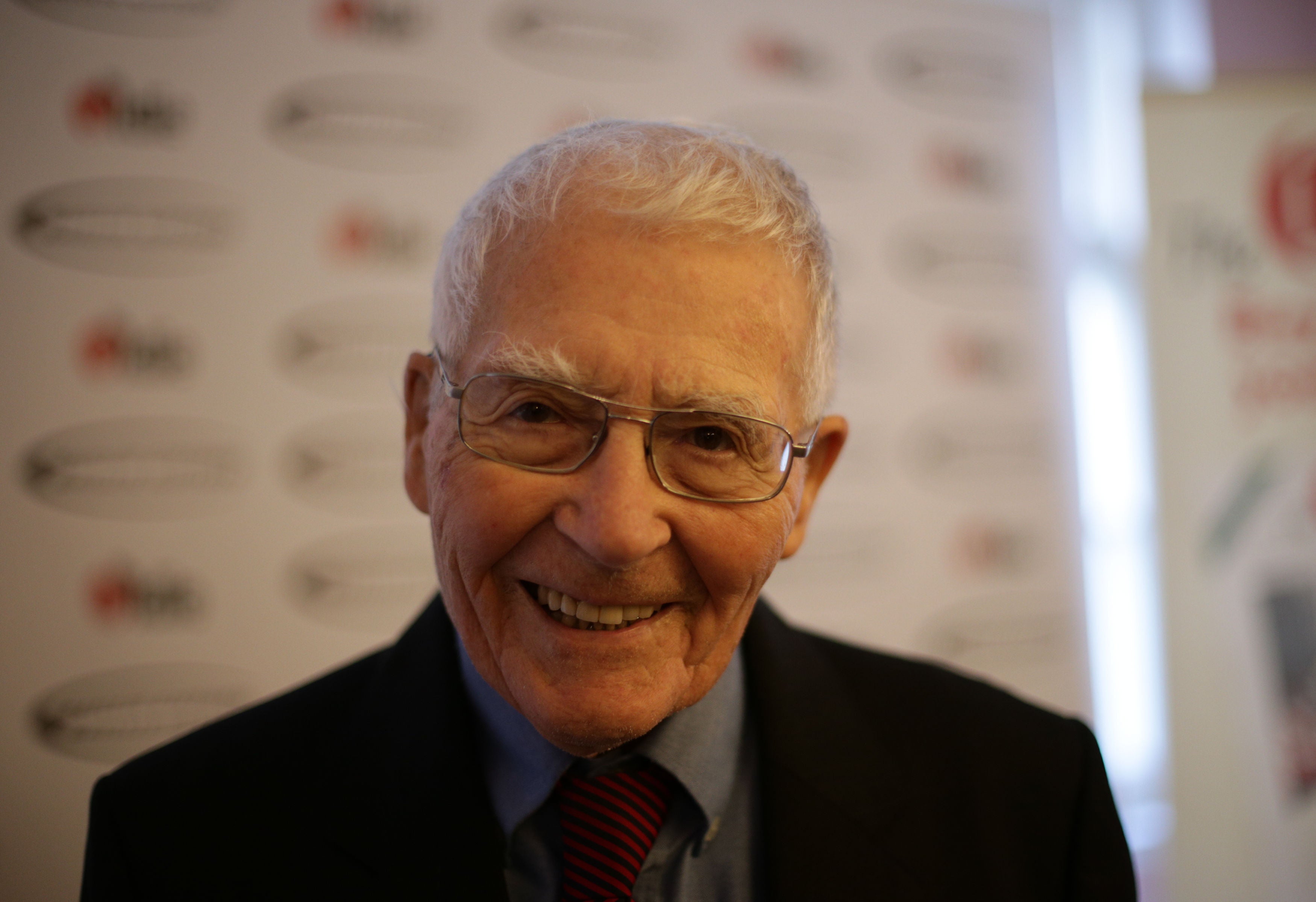Creator of Gaia theory James Lovelock dies on 103rd birthday
The leading environmental scientist died at home in Dorset on Tuesday surrounded by family,.

Leading environmental scientist and creator of the Gaia hypothesis James Lovelock has died on his 103rd birthday.
In a statement, his wife and children said he died at home in Dorset surrounded by family on Tuesday.
They said: “To the world he was best known as a scientific pioneer, climate prophet and conceiver of the Gaia theory.
“To us he was a loving husband and wonderful father with a boundless sense of curiosity, a mischievous sense of humour and a passion for nature.
Arguably the most important independent scientist of the last century, Jim Lovelock was decades ahead of his time in thinking about the Earth and climate
“Up until six months ago he was still able to walk along the coast near his home in Dorset and take part in interviews, but his health deteriorated after a bad fall earlier this year. He passed away at 9.55pm of complications related to the fall.”
Mr Lovelock was best known for his Gaia hypothesis which suggests Earth acts as a self-regulating organism made up of all its life forms, which humans are severely damaging.
Born in 1919, he studied chemistry, medicine and biophysics in the UK and the US.
He worked at the Medical Research Council and in the 1960s on Nasa’s moon and Mars programmes at the Jet Propulsion Laboratory in Pasadena, California, but spent much of his career as an independent scientist.
He was also a leading voice on climate change and an inventor whose creations included a highly sensitive electron capture detector to track pollutants including ozone-depleting CFCs (chlorofluorocarbons).
Dame Mary Archer, chair of the Science Museum Group’s board of trustees, said: “Arguably the most important independent scientist of the last century, Jim Lovelock was decades ahead of his time in thinking about the Earth and climate and his unique approach was an inspiration for many.
“Originality of thought, scepticism of the status quo and above all a focus on invention lie at the heart of his remarkable contribution to science.”
Roger Highfield, science director at the museum, said: “Jim was a non-conformist who had a unique vantage point that came from being, as he put it, half scientist and half inventor.
“Endless ideas bubbled forth from this synergy between making and thinking.
“Although he is most associated with Gaia, he did an extraordinary range of research, from freezing hamsters to detecting life on Mars, popularised his ideas in many books, and he was more than happy to bristle a few feathers, whether by articulating his dislike of consensus views, formal education and committees, or by voicing his enthusiastic support for nuclear power.”
The family said there will be a private funeral and a public memorial service later, and requested privacy at this time.
Professor Richard Betts, head of climate impacts research at the Met Office Hadley Centre, said Mr Lovelock had been a source of inspiration for his entire career, and he was devastated by his death.
“Jim’s influence is widespread, profound and long-lasting,” Prof Betts said.
“He will be remembered for his warm, fun-loving personality, his truly innovative thinking, his clarity of communication, his willingness to take bold risks in developing his ideas, and his abilities to bring people together and learn from them.
“My deepest sympathy to Sandy and the rest of Jim’s family. Rest in Gaia, Jim, you will be missed.”
Bookmark popover
Removed from bookmarks